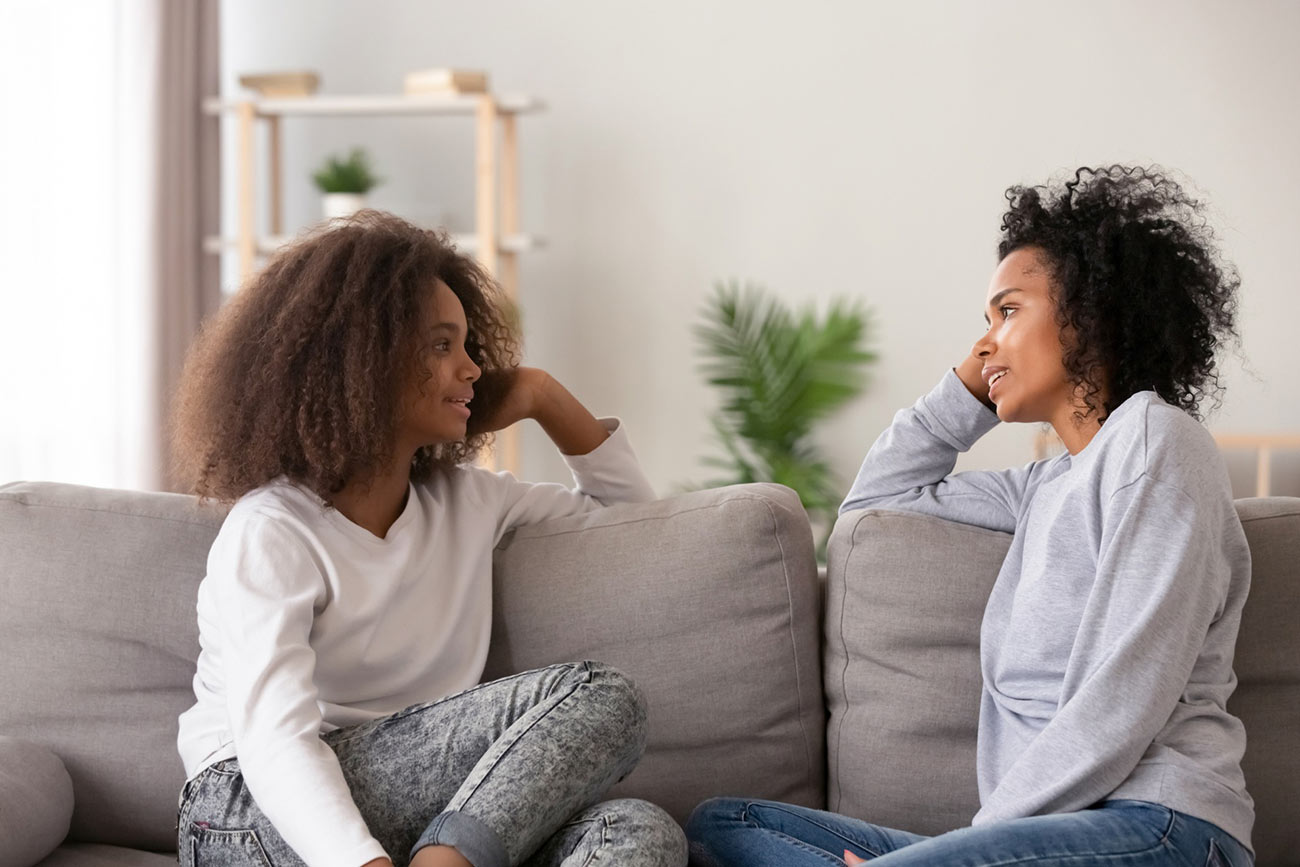
- Protection From Child Abuse, Maltreatment & Neglect
- Get to know the adults and other children that your children interact with. Observe their relationships.
- Be wary of “one on one” time that children might be spending with adults.
- Don’t allow sleep-overs unless you know the family well and have visited to the home on several occasions.
- Ensure your children are supervised at all times.
- Teach your children the correct names of their body parts so that they can express concerns and ask questions about them.
- Encourage your children to inform you or a trusted responsible adult if someone is touching them inappropriately.
- Talk to children about what is an ok touch, that is one that makes them feel happy and safe, a not ok touch, that is one that hurts or makes them feel uncomfortable.
- Inform children to never keep inappropriate touching a secret or any secrets in general
- Ensure that your children know they can express themselves freely and say “no”, strongly and forcefully, to adults if they feel uncomfortable in any situation. It is their right.
- Talk to children about “stranger danger”. Teach then to avoid having a conversation with an adult they do not know unless a trusted adult is present. Even the newspaper lady or the man in the shop is a stranger although the child might see them every day.
- Watch out for adults who spend a lot of time with children instead of adults, buy children expensive gifts for no apparent reason, refuse children privacy or invade their privacy, make children feel uneasy or scared, insist on physical affection even when the child looks uncomfortable
- Teach your children what to do if a stranger approaches them and offers to take them somewhere or give them something to eat. They should scream loudly and run away toward a large crowd of people and tell someone (preferably someone in uniform like a police officer) Yell. Run. Tell.
- Have a safe word to use in the event that you cannot meet your child and you send a responsible adult who knows the safe word. Ensure that children understand that they should not go anywhere with any person they don’t know.
- Be wary of physical changes in your children (eg. marks or redness on body; discharges when bathing or changing young children, pain or discomfort in any body part especially genitals etc).
- Know the non-physical signs of child abuse. Depression, fear or avoidance of a certain adult or place, difficulty trusting others or making friends, sudden changes in eating or sleeping patterns, bedwetting, nightmares, inappropriate sexual behaviour, poor hygiene, secrecy, and hostility are often signs to pay attention to.
- When Going Out
- Travel in groups. Advise children to speak to a person in uniform if they become separated from the group, eg. Police officer, army officer or fire officer.
- Stay in supervised groups, always do a head count to ensure no child was left behind or is missing.
- Have a "meet place" when going out in case children get separated from the group.
- Do not allow your child to wander off or take your eyes off of your child when in public (eg. while on phone etc)
- Walk with child's medications along with a well-stocked aid kit if handling a group of children
- Use car seats as required when transporting children as appropriate and ensure the use of seatbelts by older children. Car seats should face forward for children between the ages of 2-5 years and backward for children between the ages of 0 – 2 years. Booster seats should be used for children ages 5 – 8 years old. Car seats should always be installed in the back seat of the vehicle (follow the manufacturer's instructions). Children are allowed to use adult seatbelts from the age of 8 depending on the height and weight of the child.
- Utilize child lock in vehicles.
- Stay within arm's reach of children near water (pools, beaches); do not leave children unsupervised.
- Do not allow toddlers, smaller children to stand in the car at any time.
- Warn children about not talking to strangers
- Teach children about how to interact appropriately with adults when need be – no adult should encourage a child to keep secrets from their parents / guardians, no adult should ask a child for help with his / her private parts, no adult should express interest in child's private parts.
- Teach children not to accept anything ( toys food etc) from strangers
- Advise children not to cross the street alone or wander off by themselves
- At Home
- Do not leave children unattended at any point in time.
- If parents are unable to supervise children, leave them in the care of a responsible and trusted adult; and check in regularly on how your child is doing
- Engage in family time (watch movies, play games, have picnics) as a means of communicating and bonding with children
- Engage children in extracurricular activities/ camps which are of interest to them (sporting camps, educational camps, extra lessons)
- Know who your children's friends and associates are- speak to your children about peer pressure and ways to avoid it.
- Put away sharp utensils / tools such as knives and saws out of the reach of children
- Store dangerous chemicals such as bleach and gramoxone away from the reach of children or in a locked cupboard
- Prohibit use of / access to stove, matches, lighters etc, to avoid burns
- Have a fire escape plan and practice occasionally with children so that they understand the danger and know what to do
- Speak to children about safely surfing the internet and when applicable and age appropriate, use parental controls which are designed to protect children from inappropriate content they may come across online.
- As appropriate, supervise children's use of the internet and mobile phones.
